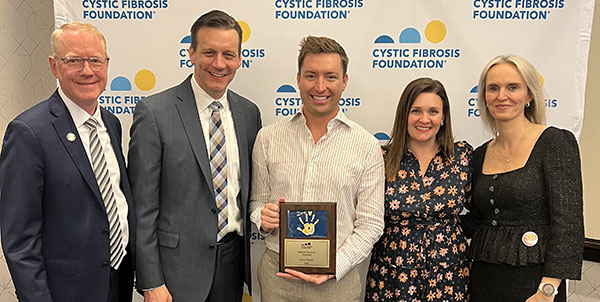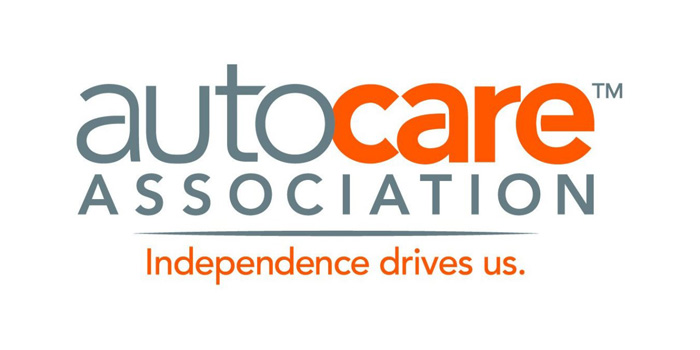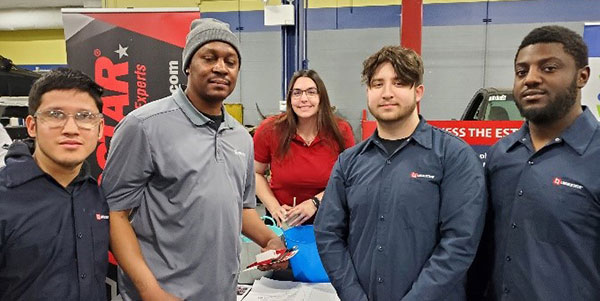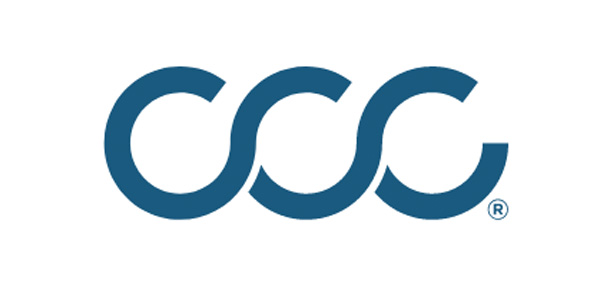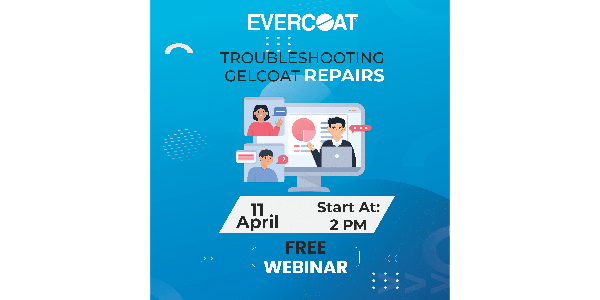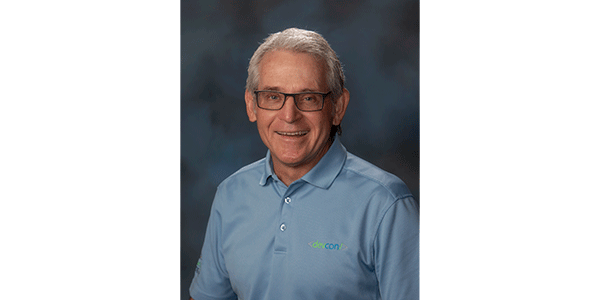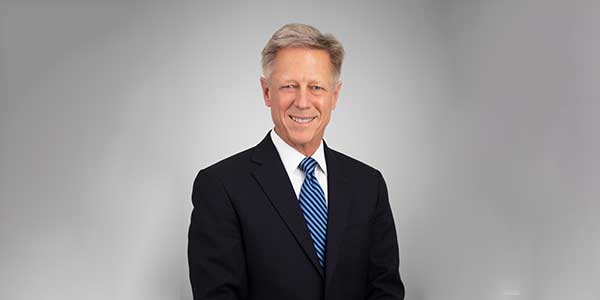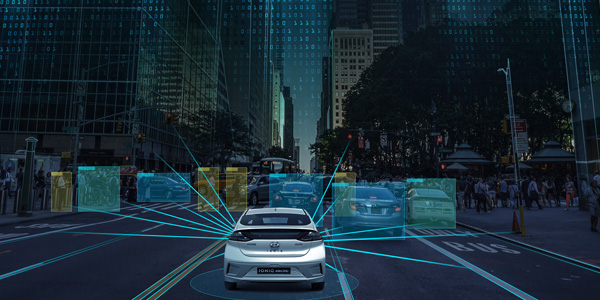
The Insurance Institute of Highway Safety (IIHS) and the Massachusetts Institute of Technology’s AgeLab has found that, for the most part, drivers use autonomous technology where it was intended – though they may not be using it enough to have a measurable effect on safety – and some individuals may be using the systems on roads they weren’t designed for.
For the study, a project of the Advanced Vehicle Technology Consortium, volunteer drivers spent four weeks driving either a Range Rover Evoque with adaptive cruise control or a Volvo S90 with adaptive cruise control and Pilot Assist, a Level 2 system that enhances the adaptive cruise control with lane centering. During the study, the S90 underwent a software update that improved the lane centering, so the researchers looked separately at those who drove the S90 before the update and those who drove it after.
Like most driving automation in currently available vehicles, these systems are meant to be used on interstates and other freeways.
In the study, 40 percent of interstate and other freeway miles of Evoque drivers were driven using adaptive cruise control. Before the software update, 11 percent of interstate/freeway miles in the S90 were driven with adaptive cruise control alone and another 11 percent were driven with the Level 2 Pilot Assist system. After the update, those numbers were 8 percent and 20 percent, respectively.
“Driving automation could reduce crashes by eliminating some of the potential for human error,” said IIHS senior research scientist Ian Reagan. “But given the low use of the systems and the fact that most vehicles on the road today still don’t have these features, we don’t expect to see these crash reductions any time soon.”
Far smaller percentages of miles traveled on nonfreeway roads in the study involved automation.
Vehicle manuals often give ambiguous instructions about where to use these types of systems, sometimes saying only that they are for “highway use.” It’s not always clear if nonfreeway arterials should be considered “highways” or not.
On the one hand, these roads often have higher speed limits and free-flowing traffic, and so in that sense, they fit the usual criteria for Level 1 or 2 systems. However, they often have intersections, and many manuals advise against using the systems on roads with intersections. That’s because the systems don’t react to traffic lights or stop signs and can have trouble detecting stopped vehicles ahead and avoiding cross traffic. They also can have trouble staying within the lane through intersections.
The Evoque’s adaptive cruise control was on for 7 percent of nonfreeway principal arterial miles. Eleven percent of the post-update S90 nonfreeway principal arterial miles involved Pilot Assist.
There was wide variation in the use of the systems, with some drivers not using them at all and some using them a lot. One Evoque driver drove 41 percent of nonfreeway principal arterial miles with adaptive cruise control, and one post-update S90 driver used Pilot Assist for 30 percent.


